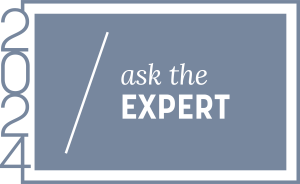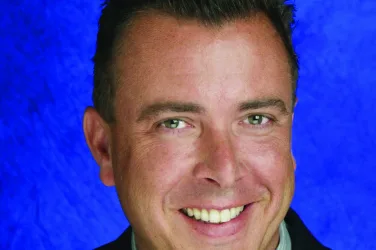
Q&A
Hospital
Why are heart screenings and cardiovascular care so important?
The American Heart Association estimates that by 2035, 42% of men will have some form of cardiovascular disease, which will result in more than $1.1 trillion in health expenses for the United States. So, it’s huge, and that’s not even counting the emotional, family, time off work, and other burdens that will also impact individuals, their families, and the country. Paying attention to risk factors is crucial, and it starts with scheduling an appointment to see your primary care provider.
How can I prevent a heart attack in the future?
Schedule your annual exam with your family doctor. That’s the baseline, and once you do that, it keeps everyone aware of existing medical problems. Beyond that, prevention is looked at as ABCDE. A is for aspirin, B is for blood pressure checkups and knowing your body mass index, C is for avoiding cigarette smoking and monitoring your cholesterol levels, D is for diet and diabetes, and E is for exercise. Paying attention to all of these factors and addressing them through diet, medicine, and conversations with your doctor is critical.
What are the more common risks for heart disease and heart attacks?
If you come from a family where people have heart attacks in their 40s and 50s, that is considered premature coronary artery disease. This makes early screenings even more critical because you may have some family history of cholesterol problems that you weren’t aware of. There are other tools to assess a patient’s risk factors for heart attacks, so work with your heart doctor to identify and mitigate those risks as much as possible.
If I think I’m having a heart attack right now, how quickly should I seek care?
Get to the emergency room as quickly as possible. If you delay, it may be too late. Heart attack symptoms vary widely — some people have chest pains, and others have shortness of breath, dizziness, jaw pain, nausea, intense sweats, etc. If it’s an actual heart attack, and you delay getting to the ER, that’s when you can go into cardiac arrest and die. This is especially true if you’ve had heart attacks in the past or if your family history suggests a high risk.
Are adults the only people who have to worry about heart attacks?
No. Sudden cardiac arrest is widespread in young athletes and is typically the result of an undiagnosed heart condition. Most high school, college, and professional organizations now require routine pre-participation heart screenings for all athletes in competitive sports — regardless of age and even if they don’t have a family history or risk factors for heart disease. The American Heart Association recommends these tests and can detect 99% of heart abnormalities. Signs or symptoms of sudden cardiac arrest might include chest pain, heart palpitations, excessive fatigue, dizziness, shortness of breath beyond the norm of intense competition, and nausea.
Physicians provide clinical services as members of the medical staff at one of Baylor Scott & White Health’s subsidiary, community or affiliated medical centers and do not provide clinical services as employees or agents of Baylor Scott & White Health or those medical centers.
About The Expert











